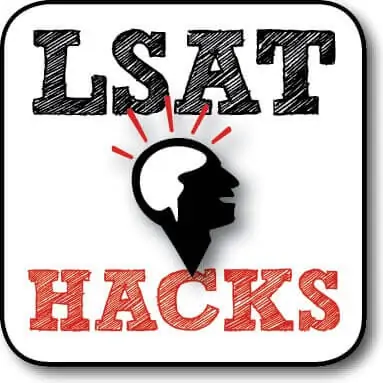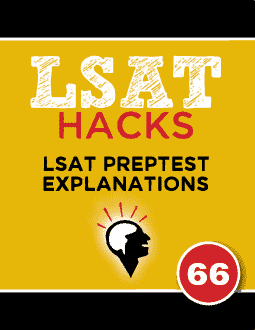QUESTION TEXT: Mayor: There has been a long debate in city council…
QUESTION TYPE: Flawed Reasoning
CONCLUSION: We should adopt my plan.
REASONING: Council has debated a variety of alternatives. We can either adopt my plan or do nothing. Doing nothing would be bad.
ANALYSIS: The mayor hasn’t said why the only alternatives are his plan or nothing. He said council had debated many options. The mayor didn’t explain why those other options weren’t also possibilities. So, the mayor presented a false choice.
___________
- Conservative estimates are appropriate here. They show that even a best case scenario is bad.
- Actually, the mayor’s plan and ‘doing nothing’ are mutually exclusive. Doing anything is the opposite of doing nothing.
- A decrease in the rate of increase is not that helpful. It means we will still have growth in traffic, just smaller growth. Gridlock will continue since road capacity isn’t growing. Failing to consider this isn’t a flaw.
- Everyone knows gridlock is pretty terrible. It would be useful to know the cost of gridlock, but everyone agrees it’s something that must be avoided on a road system. It’s not a flaw to avoid calculating an exact cost of gridlock.
- CORRECT. Exactly. The mayor never said why other options are unthinkable. He even said council had considered other options.

Free Logical Reasoning lesson
Get a free sample of the Logical Reasoning Mastery Seminar. Learn tips for solving LR questions


I chose A for my answer and still confused why it wouldn’t be A. Could you please elaborate on why this is not the answer? The second part of the answer choice says “rather than considering a wider range of estimates” – this is what swayed me to this answer choice.
There’s nothing inherently flawed about the mayor basing his projection on a conservative estimate. The mayor is saying that even in one of the best possible scenarios, the existing system of roads will be in a gridlock in ten years. Taking this kind of scenario into account strengthens his argument, so (A) cannot be called a strong criticism.
All I see is it says there has been a long debate nowhere does it say there may be more than two options, maybe they’ve been debating over those two options. I thought the right answer is attacking a premise. The premise was that we have two options: adopt a plan or do nothing. I thought a premise should be treated as fact which was what confused me.
We’re not given any evidence to indicate that these are the only two options overall. All we’re told is that the mayor says these are the only two options. We should treat this as fact: “the major says there are only two options”. We should not treat this as fact: “there are only two options”.
It is a classic error in reasoning–making a choice without considering if there are alternatives beyond the ones that you can see.
I still find this confusing. Everything in the argument is what the mayor says, so in that case we can question every premise that he offers. My understanding was also that we should focus on the gap between premise and conclusion. If we could question the premises as well there would be plenty to criticize.
There’s no rule in the LSAT that we can’t question premises. It just so happens that LSAT questions 99.9% of the time do not question premises. So people teach LSAT students not to attack premises, because they will almost always be wrong in doing so.
But you should leave open a possibility that a premise is wrong. If an answer seems to question a premise and is clearly correct, as in E here, the answer is not forbidden. Hope that helps!